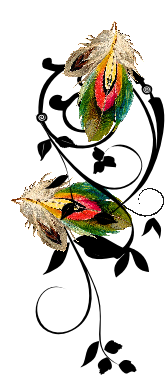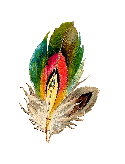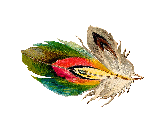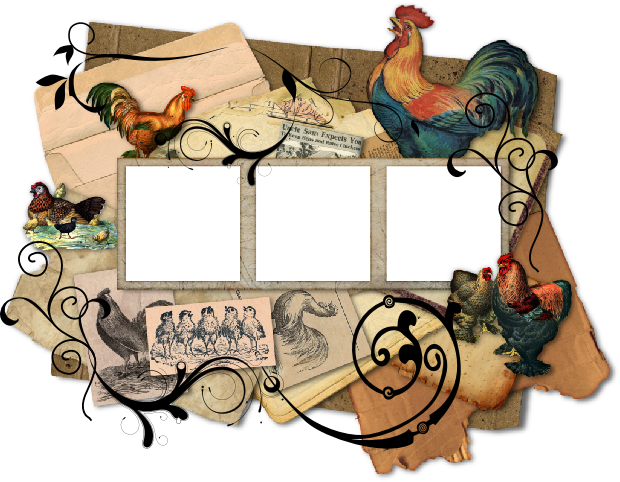
We feed our free-
Whole fruits & vegetables make for another great funtime treat for your flock.
Chicken Health
Certain plants are toxic to birds, you can do a search for 'plants toxic to birds' on the Internet to find lists of both safe and unsafe choices. Chickens will eat most any plant they can reach and their scratching for food can be destructive to just about any plant, so plan and protect your garden accordingly! I had a female turkey once who killed a 4 ft. x 4 ft. mature artichoke plant merely by sitting on it. All of the time. Every day. For days. And days. VERY determinedly!
Certain household solutions, such as bleach and antifreeze, are also toxic to birds. Chocolate is toxic, and raw meat can carry dangerous bacteria such as Salmonella and parasites.
Great page here on what is toxic and what is safe:
Toxic Plants And Household Substances
Feeding:
Because To A Chicken, EVERYTHING Is Food Until Proven Otherwise
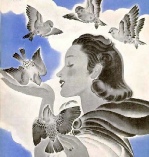
Velvet Sparrow
Click on the ‘Health’ button on the navigation bar for more health-
Basic Chicken Maintenance
In addition to you regularly visually and physically checking out your birds, once
in a while you may need to trim wings and toes. There is a link to a terrific wing
clipping page in the ‘Links’ section. To trim nails, you can use a human nail clipper
(the large kind for toenails) or buy a special nail clipper for dogs that looks much
like a pair of pruning shears. When you clip nails, be sure to have a good grip on
the bird and a steady hand. Enlist someone else's help if need be to hold the bird
while you trim the toes. Only clip off the very end of the nail, avoid the darker
area because that's where the blood supply is and trimming off too much can cause
bleeding. Have your bottle of Kwik-
If you do cause bleeding, make SURE you get it stopped before releasing the bird. Clipping too close hurts, just as it would hurt you to cut your finger. You shouldn't ever have to trim beaks, but if you do, follow the same procedure as for toes, and be VERY careful NOT to clip the pointed end of the tongue!
Chickens are tough, but after all are still birds, and birds are delicate and easily
injured. Chickens can get too overheated and die, so in hot areas a mister system,
water bottles that have been frozen and then placed in the run as a cool spot or
just plain old YOU with a garden hose all work great to cool them off. If you hang
old burlap sacks at chicken level on the wire sides of the coop or run and hose them
down, the birds are cooled by evaporative cooling. In hot southern California summers,
I would go out every two hours at MOST (more often if it is really hot) and hose
off the plants, ground-
Bathing Chickens
Why would you want to bathe a chicken?! Well, heck…why not? Your chicken may have gotten into something messy, it may be injured and need cleaning, or you may be taking it to a chicken show or have a chicken as a service animal and be taking it around to hospitals, senior centers or schools. While chickens do not require baths like dogs sometimes do, when you need to bathe one, it helps to have pointers from someone who’s done it before. Although contrary to folk wisdom, wet hens don’t get all that mad.
Mostly it takes baby shampoo, lots of towels and patience. That and not minding getting
a chicken-
The Chicken Mantra–learn it, love, it, live it:
‘If it is possible for a chicken to hurt themselves on something, somehow they will find a way.’
A whole watermelon in summer, with some large holes cut into it, is a nice cool-
In the fall, whole pumpkins are terrific treats, although I always remove the seeds
and the stringy bits to avoid crop impactions in my birds. If you have Halloween
Jack-
A varied diet also stimulates your birds, they do like to have fun–and for a chicken, food = fun.
Chocolate is toxic to birds, and you should never feed raw meat because of the parasites it can carry. Chickens usually don’t care for sweets, and processed snack foods aren’t healthy. Skip the Twinkies, ice cream & Slim Jims as chicken treats. Some chicken keepers say that onions and garlic fed in quantity, may flavor the eggs hens lay.
Egg shells are a wonderful source of calcium, and chickens need a calcium source
such as oyster shell, or a calcium supplement in their feed. I've never had my chickens
turn into egg-
Chickens also need a source of grit in order to break down their food-
The advantage of food with eyeholes is that you can watch your flockmates eat.
…and wonder if they are ever coming up for air.
Eventually though, everyone else wanders off and you are free to wear your food as a hat. Or is it that your food wears YOU?
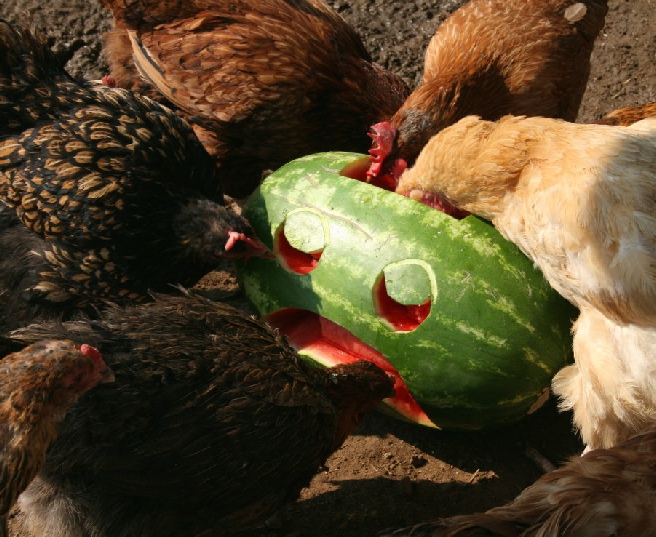 >
>
Jack’s Henhouse
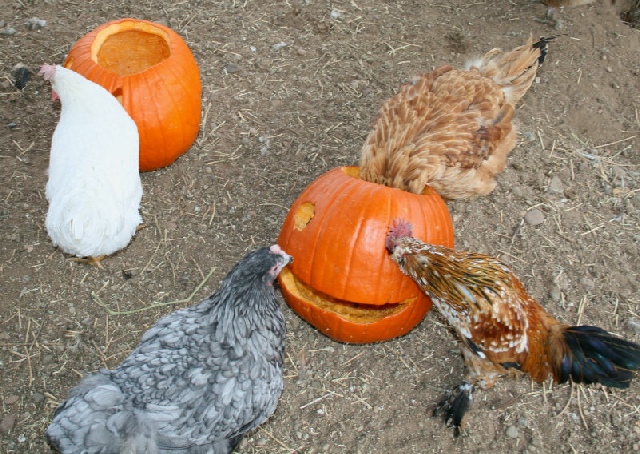 >
>
Jack’s Henhouse
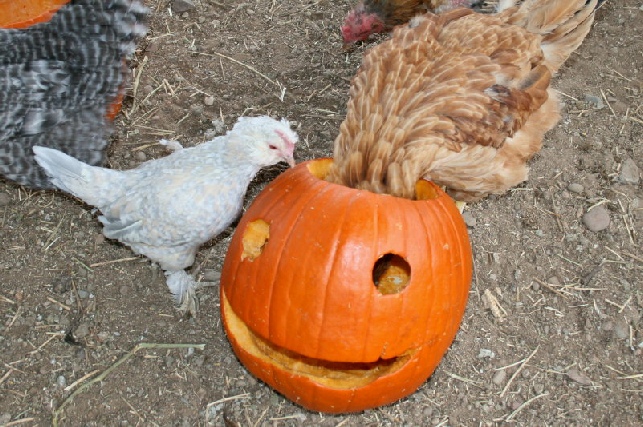 >
>
Jack’s Henhouse
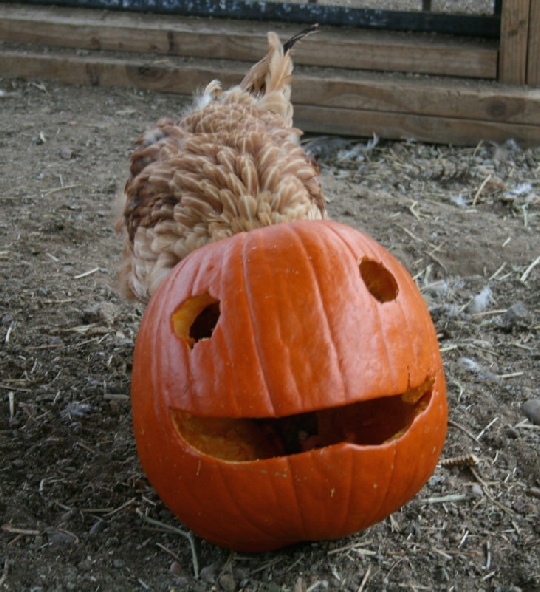 >
>
Jack’s Henhouse

Enjoying the chickens? Has my site helped you?
Want to buy the chickens some goodies?
Click the button!
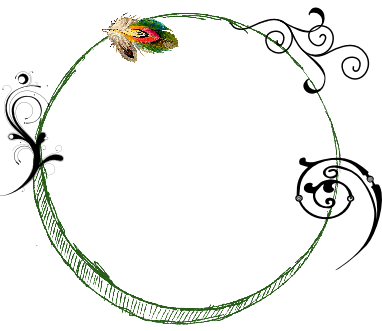

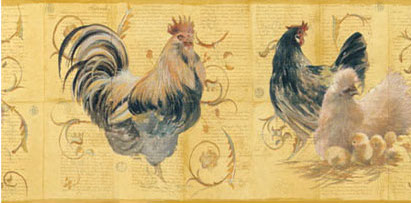
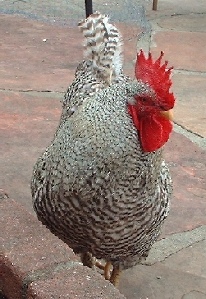 >
>

